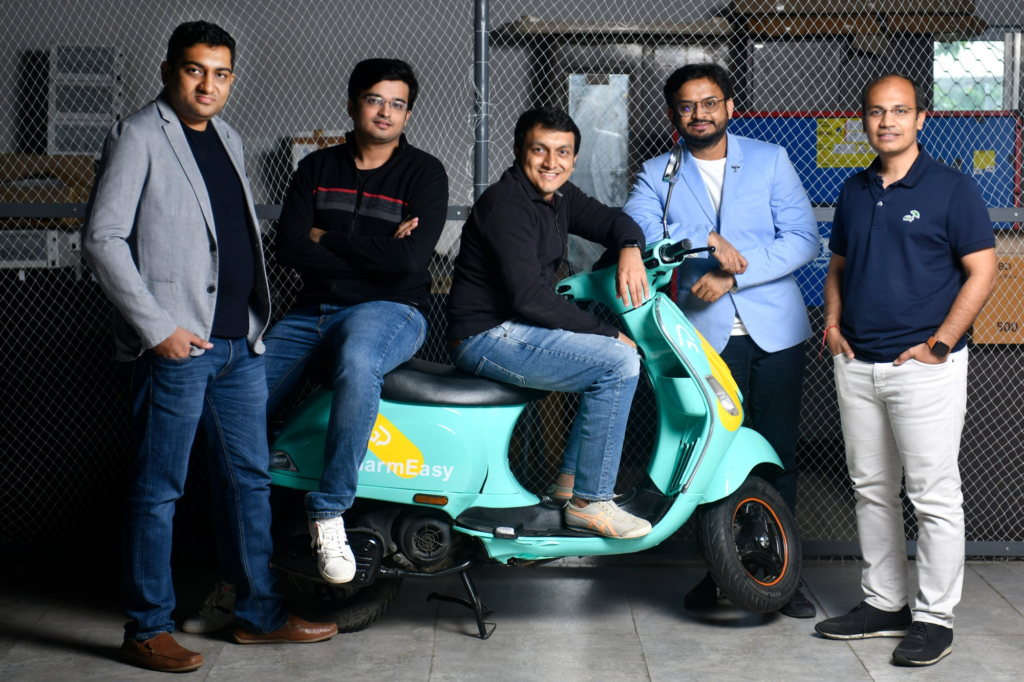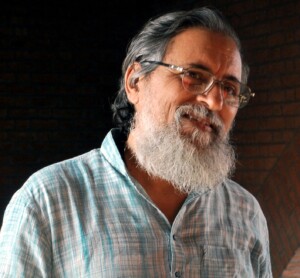Key Mantras
- Small steps can help prevent killing an idea.
- Share your ideas widely, don’t just download others’ ideas.
- Don’t hesitate to display ignorance.
- Get surprised at least once a day.
- If you don’t track the change in your ideas, it will slip away.
- Passion is not enough, process is key.
- Don’t make current competence an enemy of desirability.
We can unfreeze a frozen imagination by tracking some of the paradoxical pointers of our daily lives. Making breakthroughs requires a sync, though not completely between the inner and the outer voice of ours. But why do so many of us get stuck in trivia? We tend to get satisfied with too little too early. We adapt too much; we adjust far too often. Resilience is good, but too much of it can reinforce inertia. How to remain unsettled, ‘baichain’, impatient with inertia?
Many small steps can help us prevent killing our ideas. I often ask young learners, is there anyone who has not killed one’s idea ever? I never find anyone raising their hands. Why are we so unjust and unfair to our ideas?
There are many reasons. One is that we seek affirmation from others often. If peers don’t like my thoughts, I tend to discount my ideas. If it entails acquiring skills beyond what I know, it deters me; fear of failure is of course well known. But most importantly, we miss the dictum: when the cost of failure is low, try. What do those who make breakthroughs do?
They have an upload-to-download ratio of more than one. It is tragic that most of us download a great deal of the content but don’t upload even a fraction of that. Naturally, we consider those whose ideas and content we download are leaders. Uploading your ideas no matter how tentative. It brings strangers into our lives who resonate with those ideas. It is the chain of ideas across unconnected domains which facilitates breakthroughs. But unless we share, how do those knowledge nodes in such domains discover us? Open sharing leads to open innovation and reciprocal learning.
Another trait of those who make a difference is that they don’t hesitate in admitting their ignorance. They don’t mask by beating about the bush. They are precise and upfront about the inadequacy of their knowledge in a specific case. Solutions follow from people below, around or outside the team.
Getting surprised at least once a day is a necessary feature of a determined learner’s life. If such a moment has not occurred even once a day, then we have not lived that day, we have just existed. Surprises indicate the boundaries of our ignorance. They help us gauge the gaps we need to fill. They also indicate that we have not lost the child-like spirit of seeking wonders in life yet.
During COVID-19, the entire humanity was under the pressure of the pandemic. There was limited time to find new drugs. Almost all the drugs used were repurposed drugs. It is alright to repurpose existing solutions to new contexts and generate innovations around them. That is an easier route to find innovative solutions to emerging challenges. Search for such niches needs a tracker to act as a reminder.
I have often argued since the early eighties that a ‘change not monitored, is a change not desired’. It is here that our metrics matter. If we don’t identify the changes we cannot live without, and don’t track the trade-offs we need to make but we don’t, then we don’t have to regret our failure to make a breakthrough.
Passion to pursue a larger-than-life purpose with a process leads to peak performance. It gets better through collaborative platforms. Many of us don’t lack passion, nor do we find it too hard to find a purpose but where we often falter is the process. The breakthroughs don’t happen just through persistence but often require a self-correcting and self-design process, what I also call an autopoietic model of innovation.
Unicorn Born in a Classroom
One should never make feasibility with current competence or capacity as an enemy of desirability. Siddharth Shah and his other team members Anuj Jhaveri, Muralidhar Jetty, Rajesh S. Saurav Ghosh and Vivek Iyer presented a project to deliver medicines and various health services through an online pharmacy as a part of CINE course in 2011-2012.

Many aspects of it seemed very difficult to achieve with the prevailing regulatory framework. Some of them persisted with the idea led by Sidharth and by 2021-22, they had become a unicorn. Perhaps, the first classroom project-based unicorn in the country. Several aspects of the project did not seem to be feasible then, but its desirability was beyond doubt. Today millions of people get discounts along with home delivery, thanks to a student project ahead of its time. They founded India’s first online pharmacy called PharmEasy which was merged with Medlife in 2020.
Let me close by saying that when I set up SRISTI (1993), GIAN (1997) and scaled up the model of GIAN into NIF (National Innovation Foundation) way back in 2000 (with the help of the Ministry of Finance and the Department Of Science and Technology, (GOI), there was no template Honeybee Network could have followed. No other country had attempted to create a Grassroots Innovation Ecosystem for frugal and inclusive innovations by then.
Thanks to the support from IIM Ahmedabad and numerous other HBN volunteers, a beginning was made which has now been institutionalized. The concept of Grassroots Innovations has become a global movement and numerous variations have emerged worldwide. It is possible that some of our students and faculty could make bigger breakthroughs in their lives by dreaming visions bigger than their current capacity, but not bigger than their ability to dream and deliver.

Prof. Anil Gupta is a visiting Faculty at IIM Ahmedabad & IIT Bombay and an independent thinker. He is an activist for the cause of creative communities and individuals at grassroots and institutions. He is committed to make this world a more creative, compassionate and a collaborative place.



